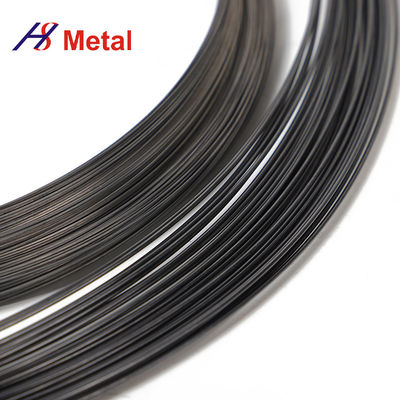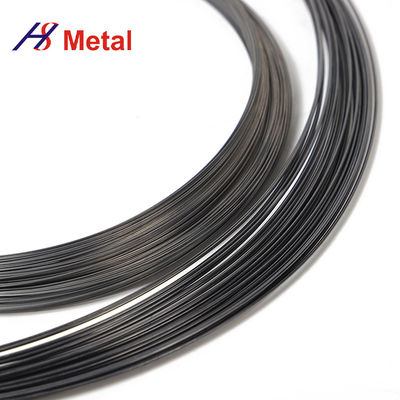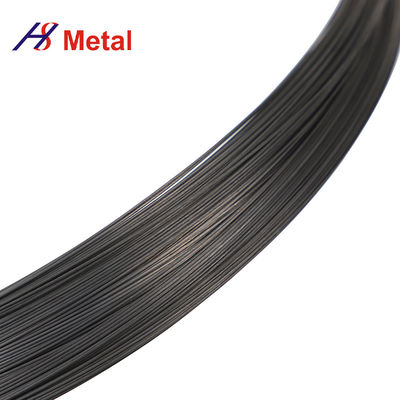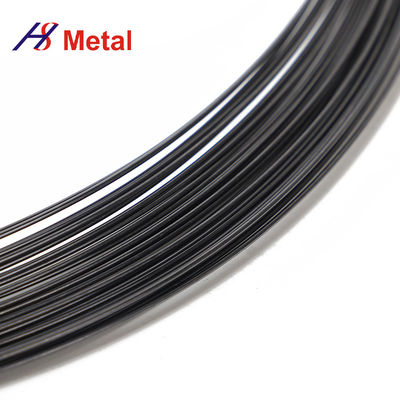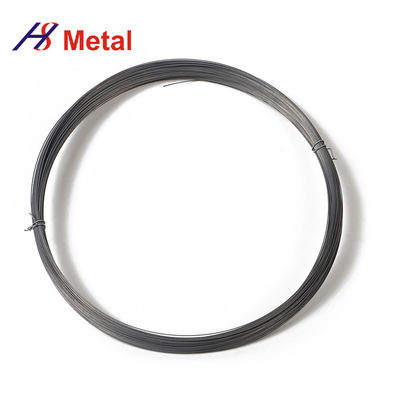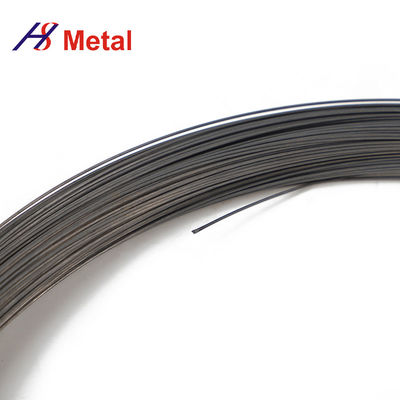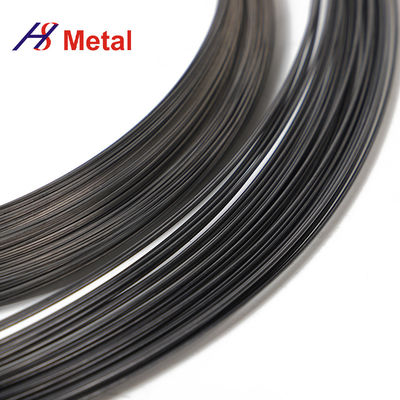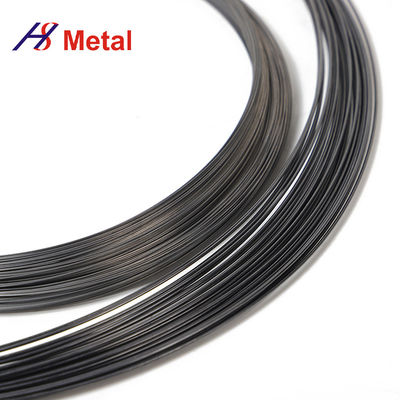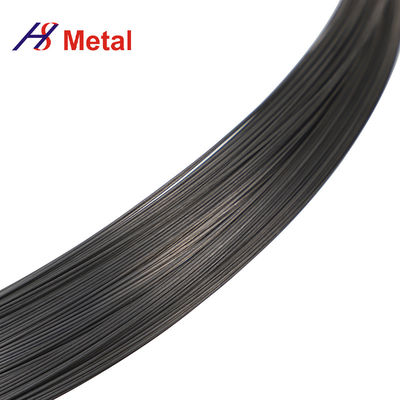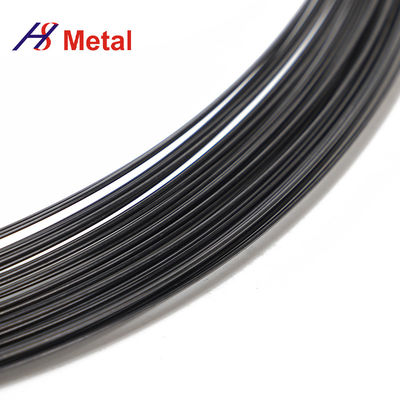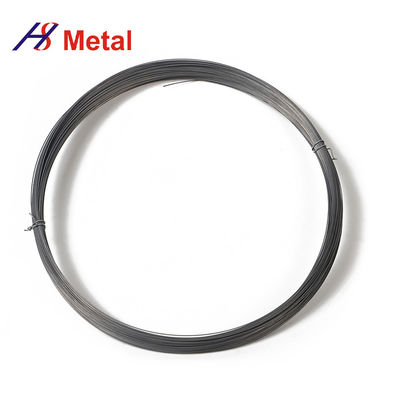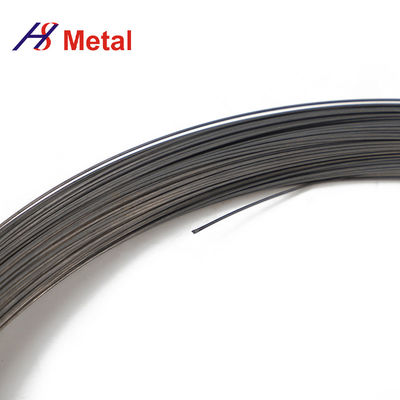-
 John WilsonHypersolid Metal Tech Co., Ltd is a very responsible company that can effectively solve our problems. I hope there will be opportunities to work together in the future.
John WilsonHypersolid Metal Tech Co., Ltd is a very responsible company that can effectively solve our problems. I hope there will be opportunities to work together in the future. -
 miaThis company is the best I have ever seen. The company's employees are particularly enthusiastic and able to respond and meet our needs. If there is a need in the future, I will still work with you!
miaThis company is the best I have ever seen. The company's employees are particularly enthusiastic and able to respond and meet our needs. If there is a need in the future, I will still work with you!
HS Pure W1 Strands 99.95% tungsten heating wire Twisted Filament 4mm

Contact me for free samples and coupons.
Whatsapp:0086 18588475571
Wechat: 0086 18588475571
Skype: sales10@aixton.com
If you have any concern, we provide 24-hour online help.
x| Boiling Point | 5560℃ | Diameter | 0.001mm-3.0mm |
|---|---|---|---|
| Electrical Conductivity | 27% IACS | Electrical Resistivity | ≤1.2μΩ.m |
| Grade | Mo1,Mo2 | Melting Point | 2623°C |
| Resistivity | ≤1.2μΩ.m | Unit Weight | 10 - 25kg |
| Highlight | 99.95% tungsten heating wire,4mm tungsten heating wire,tungsten heating wire 4mm |
||
1,Description:
-
Material: Molybdenum wire is made from pure molybdenum (Mo) metal.
-
Density: Molybdenum has a high density, typically ranging from 10.2 to 10.3 grams per cubic centimeter (g/cm³).
-
Melting Point: Molybdenum has a very high melting point of approximately 2,623 degrees Celsius (4,753 degrees Fahrenheit), which makes it suitable for high-temperature applications.
-
Thermal Conductivity: Molybdenum exhibits good thermal conductivity, allowing efficient heat transfer along the wire.
-
Electrical Conductivity: Molybdenum is a relatively poor electrical conductor compared to materials like copper or aluminum.
2,Specifications:
| Property | Description |
|---|---|
| Material | Pure Molybdenum (Mo) |
| Density (g/cm³) | 10.2 to 10.3 |
| Melting Point (°C) | Approximately 2,623 |
| Thermal Conductivity (W/m·K) | 138 to 142 |
| Electrical Conductivity | Relatively poor electrical conductivity |
| Tensile Strength | High tensile strength |
| Ductility | Relatively ductile |
| Corrosion Resistance | Excellent resistance to corrosion and oxidation |
| Coefficient of Thermal Expansion (CTE) (ppm/°C) | 4.8 to 5.3 |
![]()




